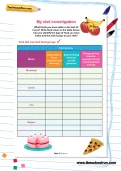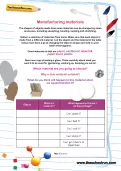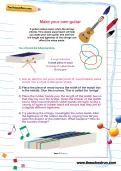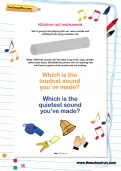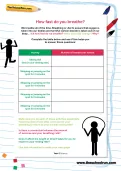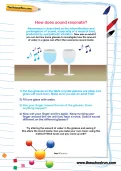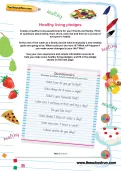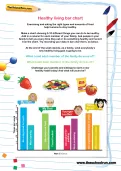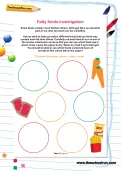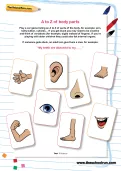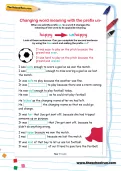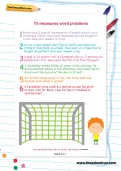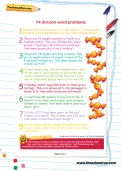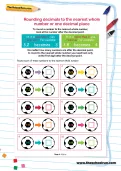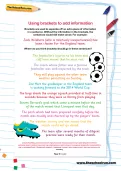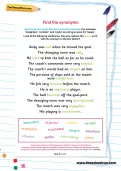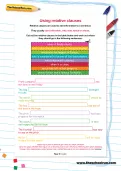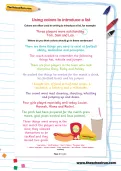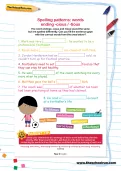What foods you have eaten in the last 24 hours? Write them down in the table below. Can you identify the type of food you have eaten and the role it plays in your diet?
or
Register to add to your saved resources
Already a subscriber? to view this content.
The shapes of objects made from some materials can be changed by some processes, including squashing, bending, twisting and stretching. Gather a selection of materials from home. Make sure that each object is made from a different material. List the object and the material in the table, then have a go at changing the object’s shape and note on your table what happens.Now have a go at making a glove.
or
Register to add to your saved resources
Already a subscriber? to view this content.
A sundial tells the time by using the position of the sun. This is how it works: the sun casts a shadow onto a surface marked with lines indicating the hours of the day. As the sun moves across the sky
the shadow aligns with different hour-lines. Do you think you can make your own sundial?
or
Register to add to your saved resources
Already a subscriber? to view this content.
A guitar makes music when the strings vibrate. This simple experiment will help you make your own guitar and see how the length and tightness of the strings can affect the notes made.
or
Register to add to your saved resources
We’re going to be playing with our voice sounds and muffling them using a kitchen roll. Make different sounds into the tube (ring a bell, clap, whistle, rattle some keys). Blindfold the person who is listening and ask them to guess what sounds you are making.
or
Register to add to your saved resources
We breathe all of the time. Breathing is vital to ensure that oxygen is taken into our bodies and harmful carbon dioxide is taken out of our body… but how fast do we breathe? When does this change? Why? Complete the table and see if this helps you to answer these questions.
or
Register to add to your saved resources
Already a subscriber? to view this content.
Resonance is described as the intensification and prolongation of sound, especially of a musical tone, produced by sympathetic vibration. Now ask an adult if you can borrow some glasses to investigate how the amount of water in a glass can affect the resonance sound made.
or
Register to add to your saved resources
Already a subscriber? to view this content.
Create a healthy living questionnaire for your friends and family. Think of questions about sleep, food, drink, exercise and then do a survey of everyone’s habits. At the end of the week as a family decide what everybody’s new healthy goals are going to be. What could you do more of? What will happen if you make some changes to your life? Why?
or
Register to add to your saved resources
Already a subscriber? to view this content.
Exercising and eating the right types and amounts of food help humans to stay healthy. Make a chart showing 5-10 different things you can do to be healthy. Add in a column for each member of your family. Ask people in your family to tell you every time they eat or do something healthy and record it on the chart. Try recording your data in bar chart form. At the end of the week decide, as a family, what everybody’s new healthy living goal is going to be.
or
Register to add to your saved resources
Already a subscriber? to view this content.
Ask an adult to help you select different foods that you think may contain more fat than others. Carefully rub each food in turn in one of the circles. Label each circle so that you can see which food was in which circle. Leave the paper to dry. When dry hold it up to the light. You should be able to see which foods contained more oil and fat as this will be left on the paper!
or
Register to add to your saved resources
Already a subscriber? to view this content.
Play a car game listing an A to Z of parts of the body, for example: arm, belly button, cuticles… If you get stuck you may need to be creative and think of variations (for example, digits instead of fingers). If you’re playing with older children they could also list internal organs!
or
Register to add to your saved resources
When we add the prefix un- to a word it changes the meaning of the word to its opposite meaning. Look at these sentences. Can you complete the second sentence by using the blue word and adding the prefix un-?
or
Register to add to your saved resources
Already a subscriber? to view this content.
Can you work out the answers to these tricky word problems all about measurements?
or
Register to add to your saved resources
Already a subscriber? to view this content.
Can you answer these division word problems? They are all about football!
or
Register to add to your saved resources
Already a subscriber? to view this content.
A Year 5 maths worksheet created by an education expert that will help your child round decimals to the nearest whole number or one decimal place - with a football theme.
or
Register to add to your saved resources
Brackets are used to separate off an extra piece of information in a sentence. Without the information in the brackets, the sentences would still make sense. Where do you think brackets should go in these sentences?
or
Register to add to your saved resources
Synonyms are words that have a similar meaning. For example: ‘delighted’, ‘ecstatic’ and ‘joyful’ are all synonyms for ‘happy’. Look at the following sentences. Can you replace the green word with its synonym in the box below?
or
Register to add to your saved resources
Already a subscriber? to view this content.
Relative clauses are used to add information to a sentence. They usually start with when, who, that, which or whose. In this teacher-created worksheet for primary school children, you will need to cut out the relative clauses in the table and work out where they should go in the sentences.
or
Register to add to your saved resources
Colons are often used in writing to introduce a list. Where do you think colons should go in these sentences?
or
Register to add to your saved resources
Already a subscriber? to view this content.
The word endings -cious and -tious sound the same but are spelled differently. Can you fill the sentence gaps with the correct words from the ones below?
or
Register to add to your saved resources
Already a subscriber? to view this content.
